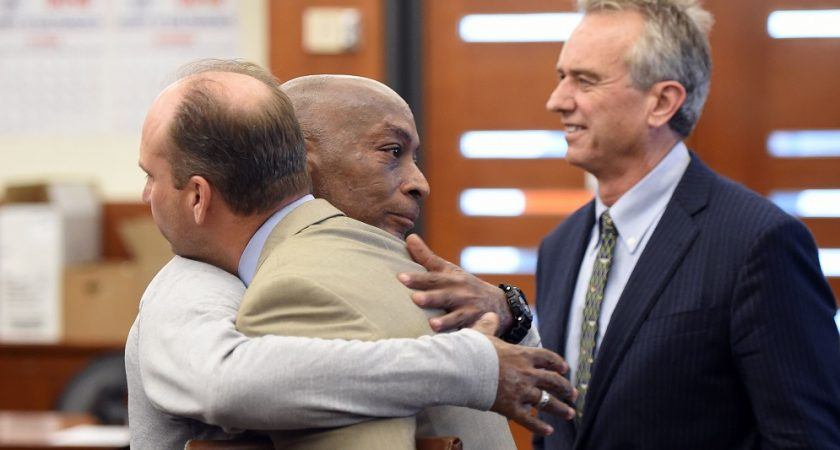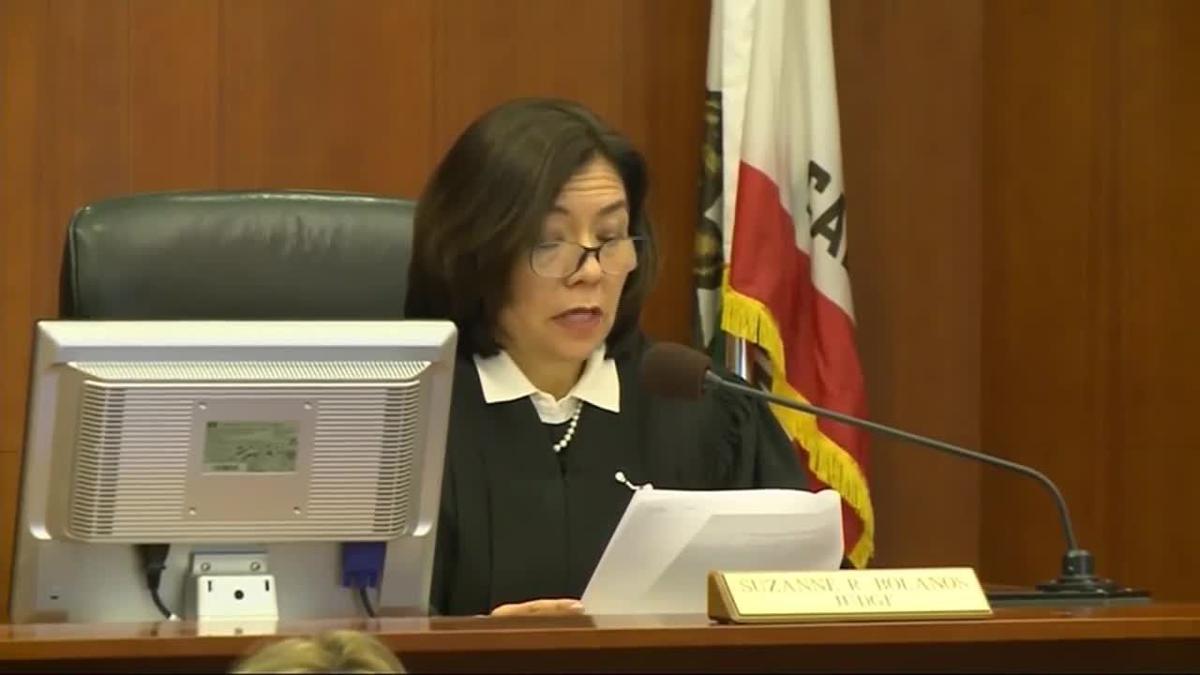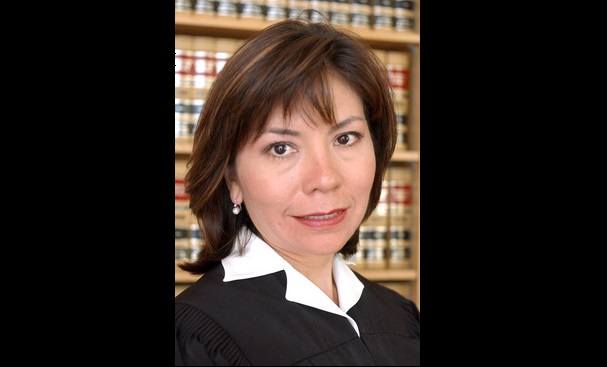Judge Rejects Monsanto’s Bid to Overturn Glyphosate Conviction but Reduces Punitive Damages from $250 Million to $39 Million
Earlier this week (October 2018) San Francisco Superior Court Judge Suzanne Ramos Bolanos rejected Monsanto’s appeal to overturn the jury verdict which found that glyphosate in the herbicide RoundUp causes cancer. Judge Bolanos had earlier hinted that she might overturn the jury's verdict, and eliminate the $250 million in punitive damages. While denying Monsanto's attorneys their request for a new trial, Judge Bolanos did reduce the punitive damages from $250 million to $39 million, the same amount (39 million) that was awarded to the plaintiff, Dewayne Johnson, who is not expected to live much longer due to his cancer diagnosis. Judge Bolanos also stated that if Dewayne Johnson and his attorneys did not accept the reduction in punitive damages, that she would order a new trial. Johnson’s lawyers said in a statement that the “reduction in punitive damages was unwarranted” and that his legal team, Baum Hedlund and the Miller Firm, was “weighing the options.” Bayer, now the parent company for Monsanto, stated that they would file another appeal of the jury's verdict.






